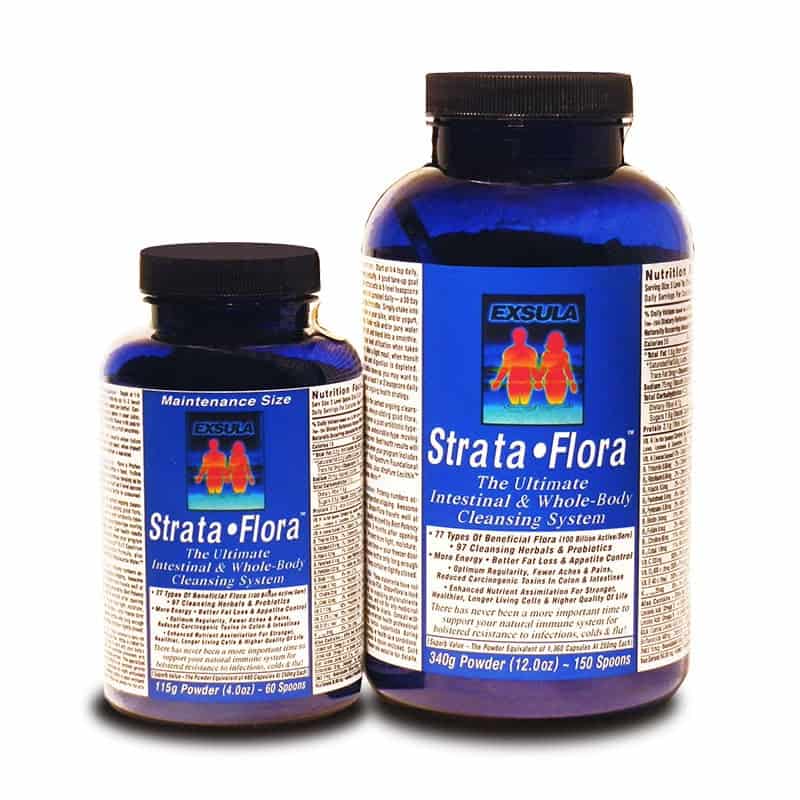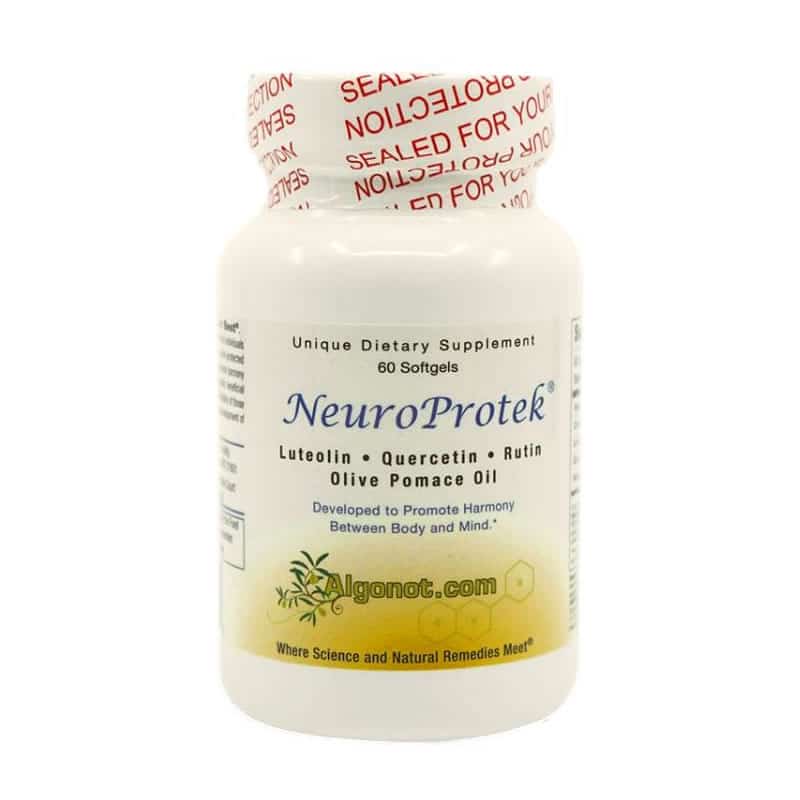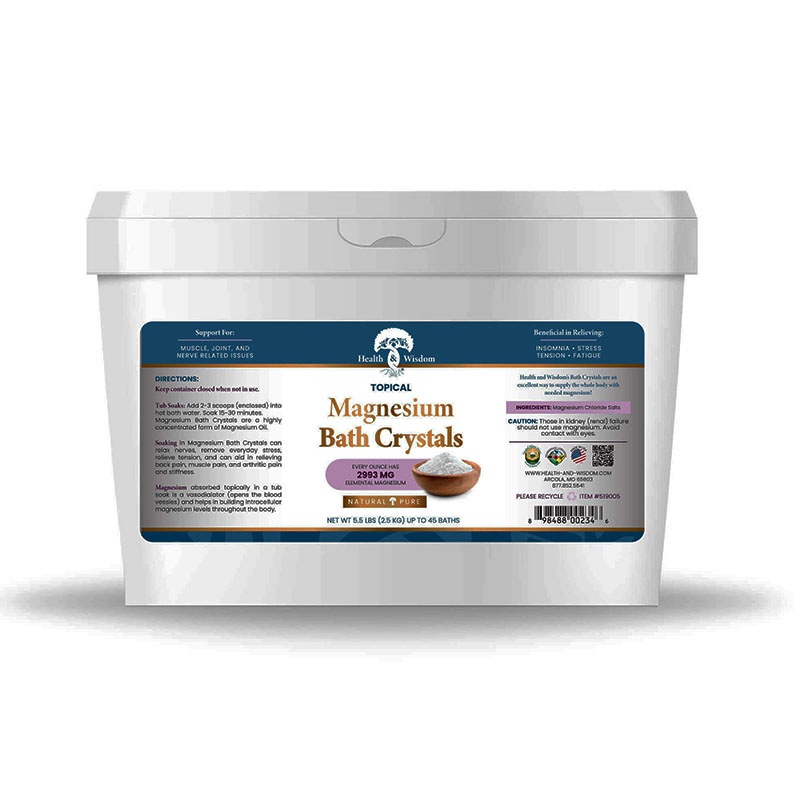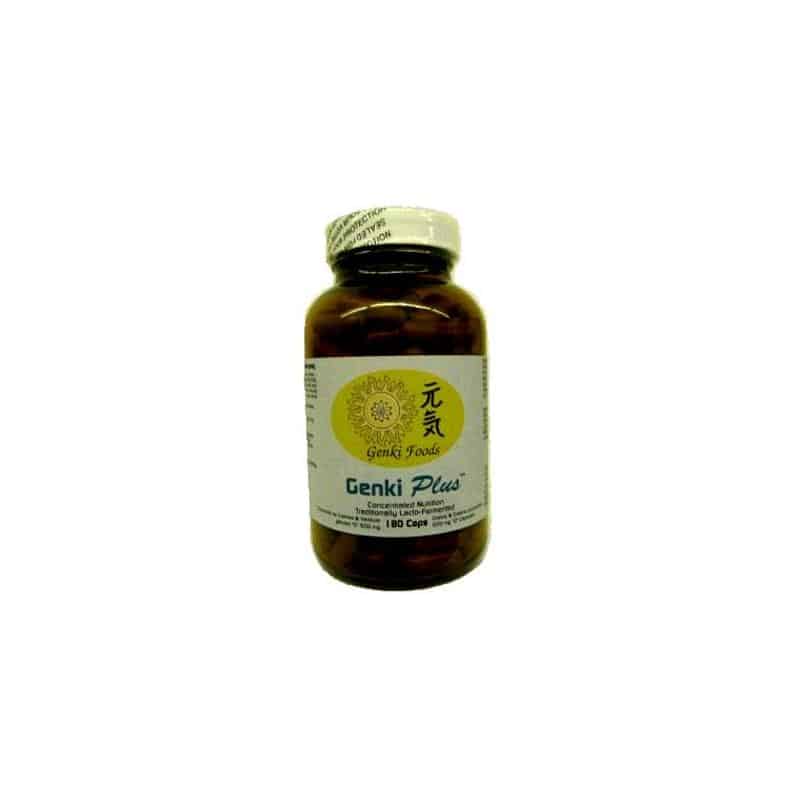Seasonal Allergies
I grew up in a small town in the mountains, where winter lasts half the year, so I spent a lot of time looking forward to enjoying spring again. Everything woke up trees, flowers, birds, bees It was all so pretty and colorful and alive, and all I could think about was: I wish I didn’t have to live with a jumbo pack of Kleenex attached to me for the next few months. I used to make jokes that even seeing a picture of a hay pile made my eyes start watering and my nose run. As a highlander, I loved hiking, and I loved those moments when I was standing at the top of the mountain, enjoying the view, letting rays of the sunlight tickle my skin, breathing in and out that fresh spring air
It was breathtaking, quite literally, because with my seasonal allergies, I hardly ever experienced slow, steady, even breathing outdoors in spring and summer. Instead of enjoying the fresh air, I was forced to smell the soft odor of tissues, and blow my nose so intensely that my ears plugged and left me half deaf for the rest of the day, which didn’t really improve the experience. One day, my grandma had a brilliant idea to take a photo of all us grandkids hiding in a huge pile of hay with only our heads showing. The idea was cute and funny, but I wasn’t able to join, as steering clear of that hay pile was my number one mission. In my twenties, I even stopped joining my family and turned into a couch potato, just because there was nothing enjoyable about trips and hikes for me anymore, and I started to prefer winter weather over the rest of the year. Spring became my nemesis.
I am pretty sure many of you have similar stories to share. Seasonal allergies, or allergic rhinitis, is the reason why a lot of people loathe hay, bees, pollen, blooming trees, grass, and so on. While I still have yet to cure my respiratory problems completely, with certain changes in my diet and lifestyle, I have managed to reduce the symptoms to a bearable level and my need for tissues is also minimal. Lets talk allergies today, because there are better solutions for you as well!
First of all, we should understand, that there is a difference between allergy and intolerance. With intolerance, we usually can minimize or eliminate the problem completely by removing the substance we are intolerant to (for example removing dairy when lactose intolerant). And as we will learn later, we are not intolerant to birch pollen itself. Intolerances are problems in the digestive system. Allergies on the other hand are immune system related. We know by now that a major part of our immune system is located in our digestive system so it is no wonder we experience allergies to foods. If our whole immune system was an army, our gut is like the first line of defense. Its main task is to identify (and eliminate) the potential enemy that might get to us via food.
When your immune system mistakenly identifies a harmless substance as a threat, it fires up an allergic response. It can be pollen, it can be a dust particle, it can be an animal hair your immune system attacks it and as a result there is an inflammatory response; in other words: sneezing, watery puffy eyes, swollen throat, runny nose, itching, rashes, body pain, bladder or bowel urgency, anxiety, depression, anaphylaxis, etc. Your body fights something that is not truly the enemy. So really when you say: I am allergic to pollen, what it really means is that your body Doesn’t know what pollen is, so to prevent potential danger, it activates fight mode.
Here comes the tough truth there is no ONE CURE for allergic reactions, and that is because there is no single cause for them. But because we already know about the connection between immunity and gut health, this gives us a hint that dietary changes towards a more anti-inflammatory diet is one way to go. It is quite easy to eliminate the foods you are allergic to, but that is not the case with seasonal allergies. You cant escape your environment.
And yet, what you eat contributes in a major way: raw, sprouted, wholesome, living foods help, and processed, industrial foods do not. Sugar, deep fried foods, artificial sweeteners, refined seed oils, gluten, soy, pasteurized dairy, and glutamate, among others, make things worse. The more processed, pesticide laden, and inflammatory food we eat, the harder it is for our bodies to cope with environmental allergens. Eating right for your Metabolic Type can help, as can small steps like buying organic according to the Dirty Dozen list, and making sure you get enough pure water to adequately hydrate your cells.
There are studies out there that prove the connection between healthy gut flora and allergy symptoms. One example is this study showing how children raised on farms who were exposed to a wider variety of bacteria, bugs, and dirt, ate a lot of organic and fermented foods, had a minimal amount of antibiotics, and had direct contact with animals- had a very different gut flora pattern compared to other children who live in the city and eat food from the supermarket. Those farm raised kids showed fewer allergies and less health problems overall (this is of course with the exception of children raised around GMO and high pesticide use crops who appear to have higher than average health problems, including allergies). Because they were exposed to all kinds of bacteria at a young age, their immune systems learned to recognize safe versus harmful substances, so later in life their bodies didn’t start panicking over cat hair or pollen. Increased Cesarean section and formula feeding rates have also played a role, as children receive important information about the environment they are coming into from the bacteria they are exposed to in the birth canal, as well as via colostrum and breast milk. These helpful bacteria are meant to populate their skin, eyes, ears, nose, mouth, gut, and genitals with a healthy microbiome that helps them to identify friend from foe in the environment they are being born into. Our overly sterilized lives have actually placed us at a disadvantage!
It has been proven over and over again, that by eliminating the worst potential allergens from our diet, we can manage to reduce our allergies. So instead of getting yet another prescription for Zyrtec, we could (and should) get rid of the foods that are hurting us on the inside, so we can enjoy spending way more time outside. Dairy, soy, and for some people even eggs are very common allergens and it is well worth trying to eliminate them from our diet. Gluten and grains as a whole are known for irritating the gut, so to ensure ourselves excellent gut health, these should go as well. If you tolerate them well, you may find reintroducing rice and quinoa or other gluten free grains beneficial, but the point is that they shouldn’t be the basis of every meal. Sugar is another thing we should stay away from, and not only to fix seasonal allergies. Even though it is usually diabetes that first comes to mind as a condition linked to the overconsumption of refined sugar, it is responsible for so much more it messes with hormonal balance, creates inflammation, weakens our immune system, and even causes digestive issues. A balanced, whole food based diet with lots of fresh vegetables, fruit, naturally raised meat, and omega-3-rich fat was not proven as a cure for seasonal allergies by any particular scientific study, though common sense and reading in between the lines of other studies does suggest that good quality food helps a lot..
Another thing we should mention here is Oral Allergy Syndrome (OAS). This is different from the allergic rhinitis we have been talking about so far. OAS causes a rash or swelling around the mouth area and explaining this one is a little tricky it is NOT the food that causes a reaction, it is a protein in that particular food that looks like the component of the allergen in the body, for example, getting a rash after eating a tomato indicates an allergy to grass pollen. There is a list of all these cross-reactive foods on the American College of Allergy, Asthma, and Immunology website, so check it out if you suffer from facial rash and you don’t know what the trigger may be. It is quite possible that you will have to eliminate these reactive foods from your plate too, but do not worry, with a nutrient dense whole food diet you still have many options to choose from, so your meals will never get boring. For some people, this may also be only a seasonal issue, for example, while the cross-reactive pollen is concentrated in your environment; reducing the number of foods you eat that are cross-reactive with birch pollen during birch pollen season may help to reduce your symptoms. Those who find that they are reactive to many foods and environmental triggers may want to look into Mast Cell Activation Disorders, and possibly test out a low histamine diet.
But we don’t want just eliminate foods from our lives, right? What are the good things we could add to our diet and lifestyle that would not only help us manage allergy symptoms, but bring even more goodness to our lives in terms of health? It was shown that higher intake of nuts, fruits, and vegetables helps to improve allergies, and also Omega 3 fatty acids from quality fish sources have noted benefits. Consuming high quality, nutrient dense foods promotes healing, and our bodies want to be healthy, they want to be at peak health and thrive, we just need to deliver the best fuel for the ride. Fermented foods are excellent immune system boosters; add them to your plate in order to feed your gut flora and keep your body resilient. Leafy greens are packed with vitamins and minerals that also support overall health, and there are plenty to choose from, you don’t need to stick to just spinach or kale. And of course, good old vitamin C is a powerful agent, as an antihistamine and immune booster. You can take it in large amounts even 4,000 mg of vitamin C three times a day is not too much. Get it from fresh vegetables and fruits, if possible!
Drinking plenty of water is a must, but if you need an extra anti-inflammatory boost, go for quality teas. Herbal teas are always a good choice, such as Milk Thistle, Rooibos or Tulsi tea (known also as Holy Basil), but the very best option for supporting your immune system is green and white tea (provided you aren’t bothered by the caffeine they contain). Because tea (along with coffee) is usually grown with a heavy use of herbicides and pesticides, make sure to look into high quality brands like Organic India or Numi. It also helps to add an extra dose of magnesium as well as Magnesium soaks (for your feet or the whole body); this mineral helps to relieve the respiratory system and relax tight airways in the lungs. Antioxidants and flavonoids have therapeutic benefits linked to allergy relief, so besides green and white tea, you might consider NeuroProtek, a natural blend of these healing agents.
I asked Life Enthusiast founder and health coach Martin Pytela for his insights. After all the Life Enthusiast business was created as a result of his quest for health. Martin said: My seasonal allergies kicked in when I was about 35 years old. The first year it was just itchy eyes, but the next year I was ready to scratch my eyes out. In the end I was allergic to several pollens and household dust. Doctors told me that it was not going to get better, and that Sudafed was going to be my best friend from March to May. I decided that wasn’t good enough, researched my own path, and eventually cleared all of the allergies, now getting just an occasional sneeze in the spring. What made the biggest difference were liver cleanses and gut repair. Exsula StrataFlora, iodine, and Zeolite were my most potent tools and I repaired my liver with milk thistle, and with Holy Tea. While I was still in trouble, I found that homeopathic Euphrasia (Eye Bright) stopped sneezing and itchy eyes, and Belladonna stopped dry cough attacks. I also had great success with herbal tinctures, sage and rosemary particularly, and essential oil of rosemary 12 drops of that would hold me for a day.
In the end, it turned out that the same tools that helped me clear my back problems and other autoimmune inflammatory issues were also clearing my allergies. Fixing the leaky gut by getting rid of heavy metals and restoring microbial terrain, and repairing the liver were the most important steps on my road to health.
Once again, there is no one simple cure, because there are a number of causes: toxic burden, genetics, environmental inputs, quality of water and air, viral load, past trauma (both emotional and physical) , contribute to why you are not able to stop your symptoms. A diet free of gut irritants and common allergens might not make the allergy go away, but it will certainly reduce the symptoms as well as the need for prescription drugs. Follow these simple tips above and enjoy your spring and summer with a clean nose and clear vision. Wave your allergies goodbye Kleenex-free spring is coming!









